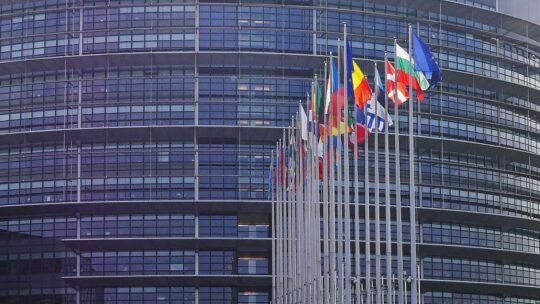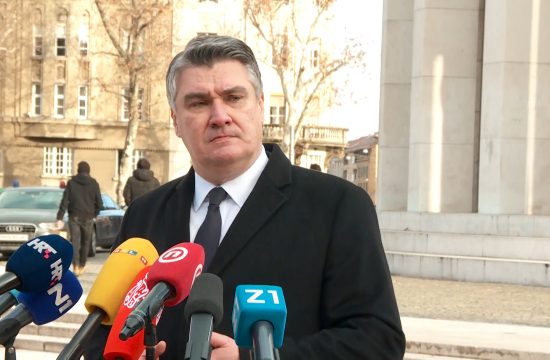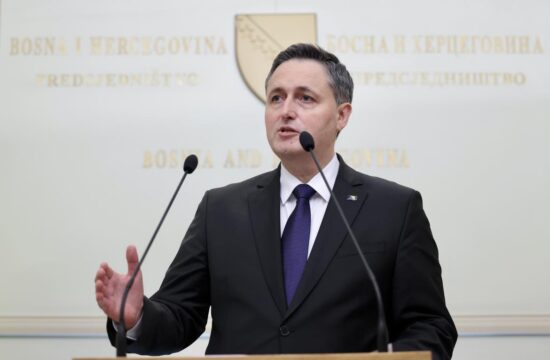
Bosnia could expect certain financial boosts from the NATO Alliance in its defence and other fields, but Bosnian politicians must agree on the country’s NATO integration process, a professor at Sarajevo’s Criminology Faculty, Goran Kovacevic said for N1.
“NATO has its strategy, and its member states want to dominate in Bosnia and Herzegovina in relation to Russia and other security challenges, but should there be some counter force to this Alliance, they would lower their criteria on Bosnia’s accession conditions,” Kovacevic said.
During the two-day session of the NATO foreign ministers, NATO Secretary General Jens Stoltenberg said, on Wednesday, NATO is ready to accept the submission of Bosnia and Herzegovina's first annual national programme, which practically means activation of the country's Membership Action Plan (MAP).
However, Kovacevic said he does not expect the politicians from three major ethnic groups in the country, Bosniaks, Serbs and Croats, to agree on Bosnia’s NATO accession, at least not without “outside pressures.” According to him, the local politicians like the current situation in which they “rule by conflict and only NATO can prevent that.”
“Should Bosnia join the Alliance, then the politicians would have to do their job, which is what they don’t want.” The professor said.
Asked about Bosnia’s relations with Croatia and Serbia, Kovacevic said the key problem with relations with Croatia is that they are deviating the image of Bosnia and Herzegovina and the Bosniaks.
“They are trying to present us as an ISIS base, and the local traitors are helping them in this,” Kovacevic noted.
When it comes to the denial of the Srebrenica genocide which can often be heard from Serbian officials, he added that “Serbia succeeded in creating an image that it did not commit genocide.”
In April 1993 the UN had declared the besieged enclave of the eastern Bosnian town of Srebrenica a safe area under the UN protection. However, in July 1995 the Dutch battalion soldiers failed to prevent the town's capture by the Bosnian Serb forces and the massacre that followed.
More than 8,000 Bosniak men and boys were killed in the genocide committed in the days after 11 July 1995, and so far the remains of more than 6,600 have been found and buried.
Two international courts, The International Criminal Tribunal for the Former Yugoslavia (ICTY) and the International Court of Justice (ICJ) later ruled that the massacre was an act of genocide. International and regional courts have sentenced 45 people for what happened in Srebrenica to a total of more than 700 years behind bars.





